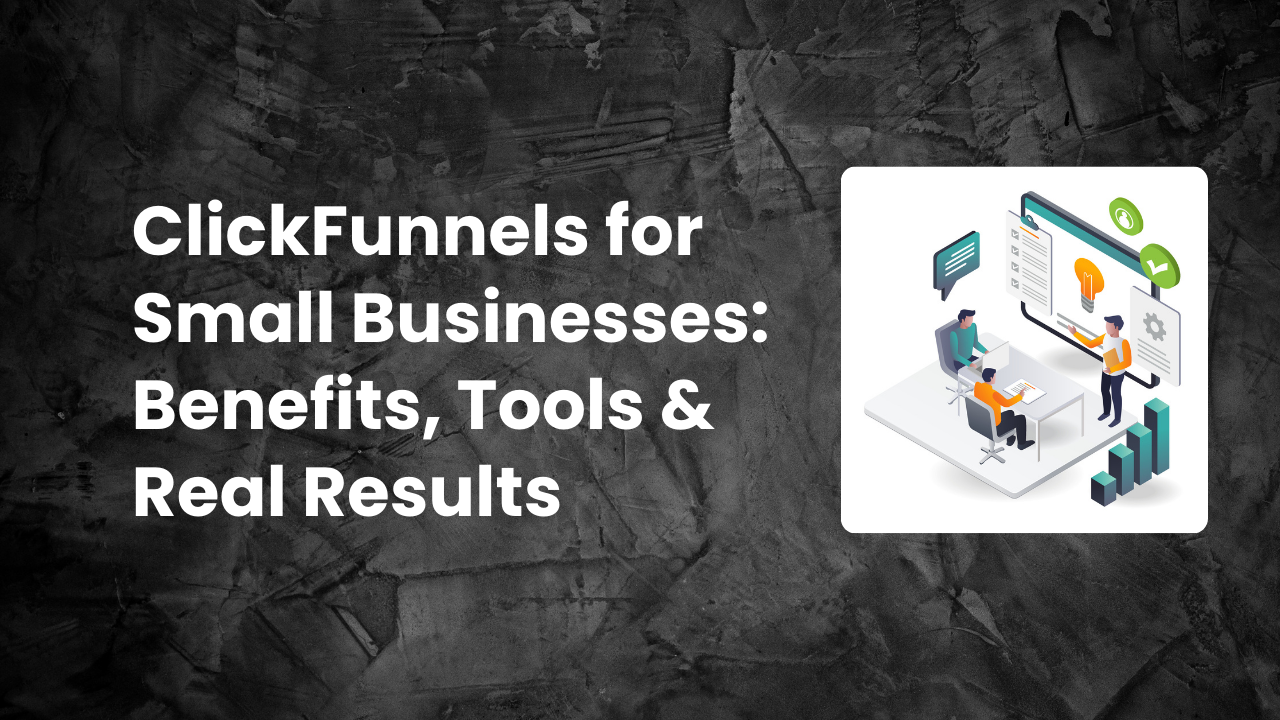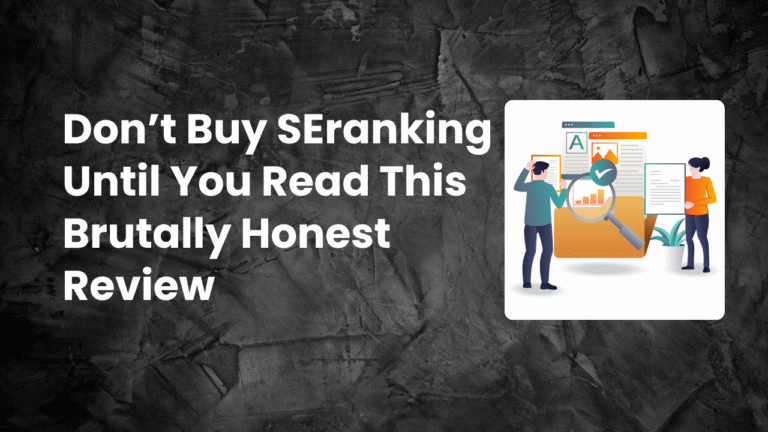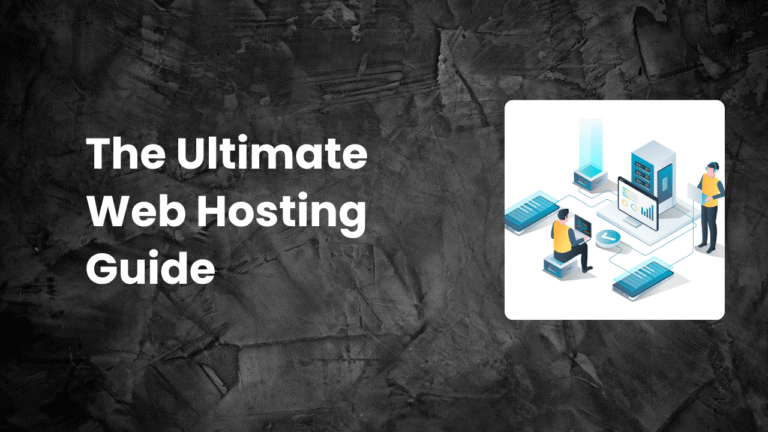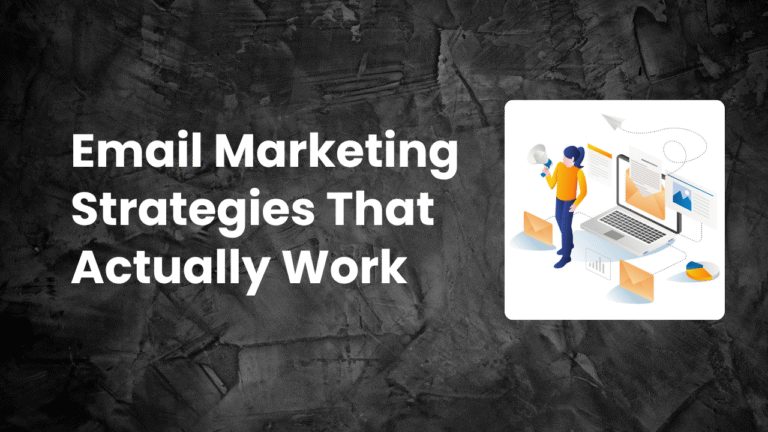Have you ever wondered how some online businesses seem to guide visitors from casual browsing to making a purchase? Clickfunnels isn’t just another website builder; it’s a comprehensive platform designed to help companies create highly effective sales funnels. Think of it as your digital salesperson, working 24/7 to convert leads into loyal customers. The impact of Clickfunnels is quite staggering when you look at the numbers. As of early 2025, data from BuiltWith shows that there are over 173,000 live websites actively using Clickfunnels to power their online sales processes. That’s a massive community of users relying on the platform to market, sell, and deliver their offerings!
Beyond just the user base, the financial success story of Clickfunnels itself speaks volumes about its effectiveness. According to interviews conducted by Nathan Latka, the company reportedly hit an impressive $160 million in revenue back in December 2023. This kind of growth highlights not only the demand for robust sales funnel solutions but also the results that businesses can potentially achieve using the platform.
In this comprehensive guide, we’ll dive deep into the world of Clickfunnels. We’ll explore everything from its core features and how to build powerful sales funnels and landing pages, to its e-commerce capabilities, pricing structures, and even the nuances of its customer support. Whether you’re completely new to the concept or considering if Clickfunnels is the right fit for your business, stick around. We aim to give you a clear, friendly, and conversational overview to help you understand how Clickfunnels might just be the key to unlocking your online business potential.
The Story Behind the Funnels
Before we dive deeper into the specific tools and tactics, let’s take a moment to understand the origin story and the driving purpose behind Clickfunnels. Every successful tool often starts with a problem, and Clickfunnels was born out of a significant challenge faced by its co-founder, Russell Brunson, and countless other entrepreneurs.
Back in 2014, building effective sales funnels – those guided pathways we discussed earlier – was often a complex and expensive undertaking. It typically required hiring web designers to create the pages and developers to code the functionality, integrate payment systems, and piece everything together. This technical barrier and high cost put powerful sales funnel strategies out of reach for many small business owners, solopreneurs, and startups who didn’t have deep pockets or technical teams.
Russell Brunson, already an experienced online marketer, faced these frustrations himself. He envisioned a way for entrepreneurs like him to easily build and launch their own high-converting funnels without needing to rely on expensive tech teams or wrestle with complicated code. Teaming up with co-founder Todd Dickerson, they set out to create a software solution that would democratize funnel building.
Thus, Clickfunnels was officially launched in October 2014. The core purpose was clear: to provide entrepreneurs with an intuitive, drag-and-drop platform that simplified the entire process of creating, managing, and optimizing sales funnels. The goal was to empower users to market, sell, and deliver their products and services online effectively, focusing on conversion rather than just website aesthetics. From its bootstrapped beginnings (without venture capital funding), Clickfunnels experienced rapid growth, fueled by its ability to solve this critical pain point for online businesses and Brunson’s own marketing prowess, quickly becoming a dominant force in the digital marketing software landscape.
A Look at Clickfunnels Features
So, we know Clickfunnels is designed to help you sell online, but what exactly does it offer under the hood? It’s positioned as more than just a funnel builder; it aims to be an all-in-one platform for entrepreneurs. Let’s explore some of the core features that make Clickfunnels a popular choice for businesses aiming to streamline their online marketing and sales processes.
At its heart, Clickfunnels excels in creating sales funnels. Instead of building traditional websites with confusing navigation, Clickfunnels helps you construct focused pathways – a series of pages designed step-by-step to guide visitors towards a specific action, whether that’s signing up for a newsletter, registering for a webinar, or making a purchase.

The platform provides numerous pre-built, high-converting funnel templates tailored for different goals like lead generation, product launches, or event registrations. This templated approach significantly speeds up the creation process, allowing users to launch funnels quickly without needing deep technical expertise. The emphasis is always on conversion, stripping away distractions and keeping the potential customer moving towards the desired outcome.
Beyond just funnels, Clickfunnels has expanded its capabilities significantly, especially with the introduction of Clickfunnels 2.0. It now includes a robust website builder. If you’re intimidated by coding or don’t want the hassle of managing separate hosting and design tools, this feature is a major plus. You can build entire websites within the platform, complete with blogs, homepages, and other essential pages.
A key advantage highlighted in reviews, particularly for version 2.0, is the concept of ‘universal sections’. This means elements like headers, footers, or navigation menus can be created once and applied across multiple pages. If you need to update them, you change it in one place, and it reflects everywhere, saving considerable time compared to older methods or other platforms where you might have to edit each page individually.
Another significant feature is the integrated course creator. If your business involves selling knowledge through online courses or digital information products, Clickfunnels provides the tools to build, market, sell, and deliver your content all within the same ecosystem.
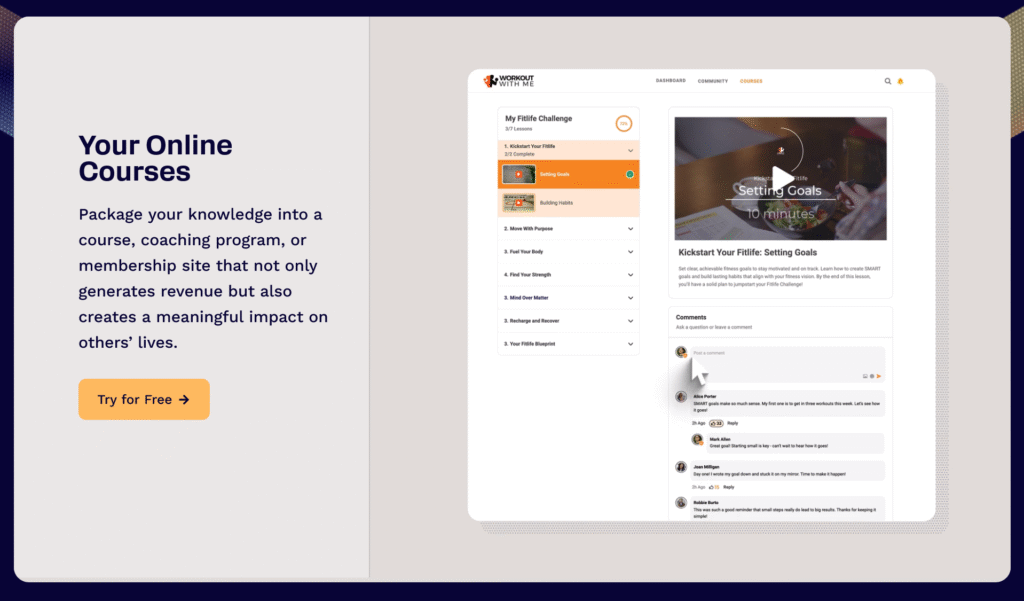
You can design your course structure, host lesson materials (including videos, according to some reviews of 2.0), manage student access through membership areas, and process payments without needing to stitch together multiple third-party applications like dedicated course platforms or separate payment gateways. This integration simplifies the technical side of running an online education business.
For those selling physical products, Clickfunnels offers e-commerce functionality. You can build an online store, add products, design custom product pages, manage inventory and pricing, and offer discounts. It integrates with various payment processors and aims to provide a seamless shopping experience for customers, often leveraging funnel strategies like order bumps and one-click upsells to maximize average order value. This makes it a viable option not just for digital marketers but also for e-commerce entrepreneurs.
Clickfunnels 2.0 also introduced features like a Customer Relationship Management (CRM) system, allowing businesses to manage customer interactions and data directly within the platform. There’s also a visual automation builder, enabling users to create automated workflows for email marketing, follow-up sequences, and other customer journey touchpoints.
This integration means your marketing automation is directly tied to your funnel performance and customer data, creating a more cohesive system. Furthermore, features like team collaboration allow multiple users to work within the same account, and real-time analytics provide insights into funnel performance, page views, conversions, and sales data, helping users optimize their strategies based on actual results.
The Pros and Cons of Clickfunnels
Alright, we’ve seen what Clickfunnels can do, but is it the right fit for everyone? Like any powerful tool, it comes with its own set of advantages and potential drawbacks. Understanding these can help you decide if it aligns with your specific business needs and goals. Let’s dive into a balanced look at the pros and cons, drawing from both the platform’s own perspective and independent reviews.
One of the most significant advantages consistently highlighted is its all-in-one nature. Clickfunnels aims to be a central hub for your online marketing and sales efforts. Instead of patching together separate tools for landing pages, email marketing, payment processing, course hosting, and website building, Clickfunnels integrates these functions into a single platform. This can dramatically simplify your tech stack, potentially reduce overall costs compared to subscribing to multiple specialized services, and streamline your workflows. For entrepreneurs, especially those just starting or without a dedicated tech team, this consolidation is a massive draw.
Another major pro is its ease of use, particularly the drag-and-drop editor for funnels and pages. Clickfunnels was fundamentally built to empower non-coders to create professional-looking, high-converting sales funnels and websites. The availability of numerous pre-built templates, designed based on proven marketing principles attributed to co-founder Russell Brunson’s expertise, further accelerates the process. You can get sophisticated funnels up and running relatively quickly without needing extensive design or development skills. The platform’s strong focus on conversion optimization, with built-in features like A/B testing and analytics, also helps users refine their funnels for better results.
Furthermore, the strong community and educational resources surrounding Clickfunnels are often cited as a benefit. With a large user base, extensive documentation, training materials, and events like Funnel Hacking Live, users have access to a wealth of knowledge and support, helping them learn best practices and get the most out of the platform.
However, no platform is perfect, and Clickfunnels has its potential downsides. One common point raised in reviews is the cost. While the all-in-one approach can offer value, the monthly subscription fee, especially for the higher tiers needed for more advanced features, can be a significant investment for businesses on a tight budget (Source: ClickFunnels Blog, pricing section). It’s essential to weigh this cost against the potential return on investment and the cost of alternative tools.
A related critique sometimes leveled against all-in-one platforms is the potential for features to be less specialized or powerful than dedicated, best-in-class tools for each specific function (a point often made in comparison reviews like Reply.io’s).
While Clickfunnels offers a broad range of capabilities, businesses with highly specific or advanced needs in areas like email marketing automation or CRM might find the built-in tools less robust than standalone market leaders. Additionally, while the templates offer speed, some users desire deeper customization options than what might be readily available, particularly when compared to more flexible platforms like WordPress.
Finally, as mentioned in the support section, experiences with direct customer service response times have been mixed according to some user reviews, although ample self-help resources exist.
Clickfunnels Pricing Plans
Okay, let’s talk about the dollars and cents. Investing in any business tool requires understanding the cost involved, and Clickfunnels offers a couple of main options to fit different needs and scales. It’s important to remember that pricing can sometimes change, but as of early 2025, here’s a breakdown based on their official pricing page.
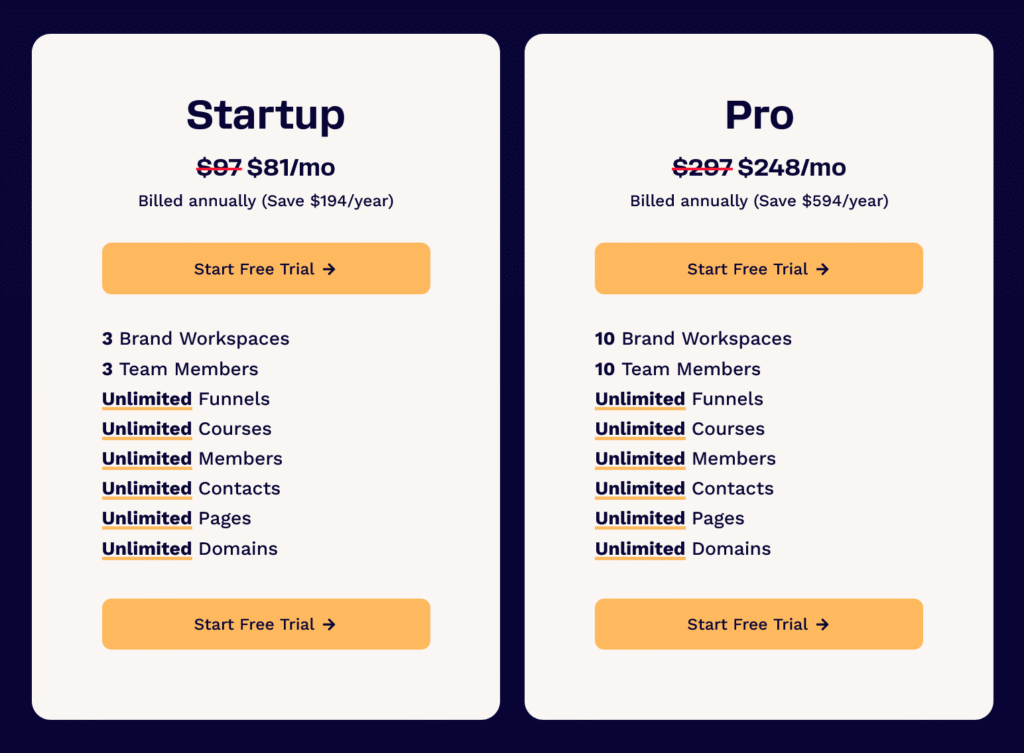
Clickfunnels primarily offers two core subscription tiers: Startup and Pro. The Startup plan is positioned as the entry-level option. If you choose to pay month-to-month, this plan typically costs $97. It’s designed for individuals or small teams just getting started with funnels and online marketing, offering essential features to build and launch your initial campaigns. It includes features like unlimited funnels, courses, contacts, pages, and domains, but has limits on things like the number of brand workspaces (3) and team members (3) allowed.
The next level up is the Pro plan. This plan comes in at $297 per month if paid monthly. It significantly expands the capabilities, offering more brand workspaces (10), more team members (10), and potentially access to more advanced features suitable for businesses looking to scale their operations, manage multiple brands, or require more robust functionality. Like the Startup plan, it also boasts unlimited funnels, courses, members, contacts, pages, and domains.
It’s worth noting that Clickfunnels often provides a significant discount if you opt for annual billing. For instance, at the time of checking, the Startup plan dropped to the equivalent of $81 per month when billed annually (saving nearly $200 per year), and the Pro plan reduced to the equivalent of $248 per month (saving nearly $600 per year). Paying upfront for the year can lead to substantial savings if you’re committed to using the platform long-term.
Most importantly for newcomers, Clickfunnels typically offers a free 14-day trial. This is a fantastic way to explore the platform, test out its features, build a funnel or two, and see if it feels like the right tool for your business before committing to a paid plan. It allows you to get hands-on experience and make a more informed decision based on your actual usage.
Clickfunnels Sales Funnels and Landing Pages
Now, let’s get to the real engine room of Clickfunnels: its ability to craft effective sales funnels and the landing pages that form their building blocks. This is arguably what the platform is most famous for, moving beyond simple website creation to build guided pathways designed specifically to convert visitors into customers.
Think of a sales funnel as a curated journey you create for your potential customers. Instead of dropping them onto a general website homepage with dozens of options and potential distractions, a funnel guides them step-by-step towards a single, specific goal. This could be capturing their email address, getting them to register for a webinar, selling a specific product, or encouraging an upsell after an initial purchase.
Clickfunnels provides a visual editor and a wide array of pre-built funnel templates tailored for different industries and objectives. You can select a template – like a lead magnet funnel, a product launch funnel, or a webinar funnel – and then customize each page within that sequence using the drag-and-drop editor. This structured approach simplifies what could otherwise be a complex process, allowing users to map out and implement conversion-focused strategies without needing to code each step from scratch.
The platform allows you to easily add elements like order forms, upsell pages (presenting an additional offer after the initial purchase), downsell pages (offering a lower-priced alternative if the upsell is declined), and membership access pages, all integrated seamlessly within the funnel flow. The goal is to optimize the customer journey, maximize value, and increase conversion rates at each stage.
Central to any effective funnel are compelling landing pages. These are standalone web pages designed with a single focus or call to action (CTA). Clickfunnels offers a dedicated landing page creator, distinct from its full website builder, allowing you to quickly generate pages optimized for specific campaigns.

Whether you need a squeeze page to capture emails, a sales page to detail a product offer, or a thank-you page to deliver a lead magnet, you can build it using the same intuitive drag-and-drop interface and library of high-converting templates. You can customize headlines, text, images, videos, buttons, and forms to match your branding and message.
Importantly, these landing pages can function independently or be integrated as steps within your larger sales funnels, providing flexibility in how you structure your marketing campaigns. The emphasis, again, is on simplicity and conversion, enabling users to launch targeted pages quickly to support their funnel objectives.
E-commerce Stores and Urgency with Countdown Funnels
While Clickfunnels is renowned for its lead generation and digital product funnels, its capabilities extend into other crucial areas of online business, notably e-commerce and creating time-sensitive offers. Let’s explore how the platform supports selling physical products and leverages urgency through a feature often referred to as Countdown Funnels.
For entrepreneurs looking to sell physical goods, Clickfunnels offers integrated e-commerce store functionality. This isn’t just about tacking on a product page; it’s designed to build a complete online storefront where customers can browse product catalogs, add items to their cart, and complete purchases .
You can set up product listings with descriptions and images, manage inventory, configure shipping options, and process payments through integrated gateways. What makes the Clickfunnels approach distinct is the ability to weave funnel strategies directly into the e-commerce experience.
The platform promotes the use of “Store Funnels”, which might include features like optimized checkout flows, post-purchase upsells tailored to the customer’s initial purchase, and product bundling suggestions, all aimed at maximizing the value of each transaction and creating a smooth, conversion-focused shopping journey.
Now, about creating urgency – a powerful psychological trigger in marketing. While the term “cutdown funnels” might not be standard Clickfunnels terminology, the concept strongly aligns with their Countdown Funnels feature . This feature is all about incorporating scarcity and time limits into your offers to encourage faster decision-making from potential buyers.

Clickfunnels allows you to easily add dynamic countdown timers to your landing pages, sales pages, and even emails. These timers can be set for specific deadlines (great for live launches or seasonal promotions) or configured as “evergreen” timers that are unique to each visitor, creating genuine urgency even for automated funnels.
For example, you could offer a special discount that expires 24 hours after someone first visits your page. The platform ensures these timers are synchronized across the funnel steps and potentially even emails, reinforcing the deadline consistently. This ability to inject urgency strategically can significantly boost conversion rates for limited-time offers, special promotions, or event registrations.
Clickfunnels Survey Workflows
Beyond just guiding visitors through a pre-set path, understanding who your audience is and what they specifically need can dramatically improve your marketing effectiveness. This is where Clickfunnels’ Survey Workflows feature comes into play. It’s a powerful tool designed to help you gather valuable information directly from your leads and then use that information to personalize their journey through your funnel.

Essentially, Survey Workflows allow you to build dynamic surveys or quizzes directly onto your funnel pages. Instead of just presenting an offer, you can first ask targeted questions to better understand your visitor’s challenges, goals, interests, or current situation.
Think of it like having a brief conversation before pitching a solution. You can create multiple-choice questions, open-ended questions, or other formats to collect the specific data you need.
The real power lies in the “workflow” aspect. Based on the answers a visitor provides, you can automatically segment them and dynamically change the next step they see in the funnel.
For example, if a survey reveals a visitor is a beginner in their field, you might direct them to an introductory offer. If they indicate they are an advanced user, you could guide them towards a more sophisticated product or service. This intelligent routing ensures that prospects are presented with the most relevant offers, significantly increasing the likelihood of conversion.
Clickfunnels provides tools to build these conditional logic paths, automating the process of personalization based on survey responses. This feature transforms a simple survey from just data collection into an active part of your sales and segmentation strategy, helping you tailor your marketing messages and offers with much greater precision.
Clickfunnels Customer Support
Even with the most intuitive platform, questions inevitably arise, or you might hit a technical snag. So, what kind of help can you expect from Clickfunnels when you need assistance? Customer support is a crucial aspect of any software service, and experiences with Clickfunnels support appear to be somewhat varied, based on user reviews and platform information.
Clickfunnels offers several avenues for support. Firstly, they maintain an extensive knowledge base and help documentation (often referenced in reviews like Fahim AI). This includes articles, guides, and tutorials covering a vast range of topics, from getting started to troubleshooting specific features.
For many common questions or issues, this self-service resource can provide quick answers without needing to contact support directly. The platform also has a large, active community, often found in Facebook groups or forums, where users share tips, ask questions, and help each other out. This peer-to-peer support can be incredibly valuable.
For direct assistance, Clickfunnels typically offers support tickets or email support. Users can submit their queries and expect a response from the support team. Some reviews suggest that response times can sometimes be slow, which can be frustrating if you’re facing an urgent issue. However, other users report positive experiences and note that support has been improving over time.
It’s also often mentioned that the level of support might vary depending on your subscription plan. Higher-tier plans sometimes come with priority support, potentially offering faster response times or access to different support channels, like live chat (mentioned in FreedomBoundBusiness review). While some user reviews on platforms like Capterra have expressed dissatisfaction with support responsiveness or resolution quality in the past, Clickfunnels itself emphasizes its commitment to helping users succeed, often highlighting the educational content and community resources as part of its overall support ecosystem.
Ultimately, while direct support might have mixed reviews regarding speed, there are multiple resources available, including self-help documentation and a strong user community, to assist users.
Conclusion: Is Clickfunnels Right for You?
We’ve journeyed through the multifaceted world of Clickfunnels, exploring its origins, core features, strengths, weaknesses, and specific applications from sales funnels to e-commerce and beyond.
It’s clear that Clickfunnels has carved out a significant niche by providing an integrated platform designed to simplify the often complex process of online marketing and selling. Its focus on conversion, user-friendly drag-and-drop interface, and extensive library of templates make it an attractive option, particularly for entrepreneurs and marketers who want to implement sophisticated funnel strategies without deep technical expertise.
The all-in-one approach, combining website building, landing pages, email marketing, course creation, e-commerce, and CRM functionalities, offers undeniable convenience. However, this breadth comes with considerations around cost and the potential for individual features to be less specialized than dedicated standalone tools.
The decision of whether Clickfunnels is the right investment hinges on your specific business needs, budget, technical comfort level, and growth goals. If your primary focus is building and optimizing conversion-focused sales funnels and you value an integrated system, Clickfunnels presents a compelling case.
Taking advantage of the free trial is highly recommended to experience the platform firsthand and determine if it aligns with your vision for growing your online business.


